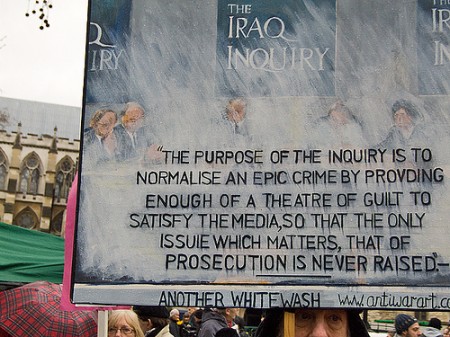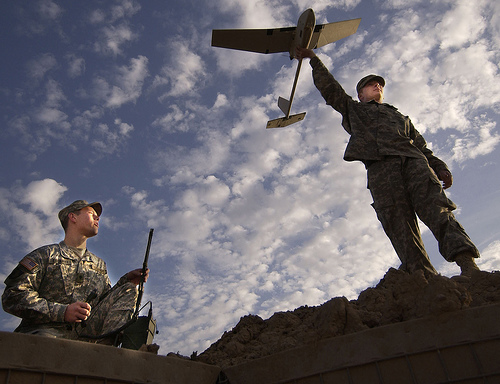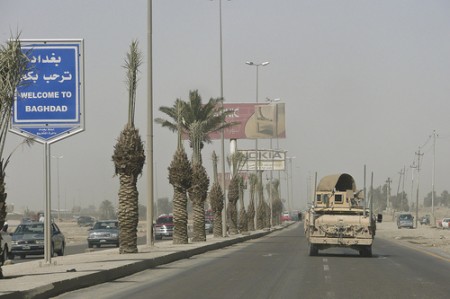
The Arab community has always publicly supported its Muslim counterparts. As a result there is an alliance among these states in opposition to Israel and the occupation of Palestine. However, it appears that behind the facade of Arab unity lies a game of dirty politics, where each state acts in self-interest often in contrast to the projected image of unity and loyalty.
A recent article by The Times publicized Saudi Arabia’s green light to Israel to use its air space to attack Iran’s nuclear facilities. This is surprising as it pits Muslim states against each other openly and brings the reality of Arab loyalty into question.
In order to attack Iran’s nuclear sites, Israel has the choice of three routes. The northern route involves passing the Syrian-Turkish border. The central route goes over Jordan and Iraq, while the third southern route goes through Saudi Arabia and Iraq or Kuwait. So let’s assess where these Middle Eastern states stand.



